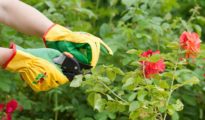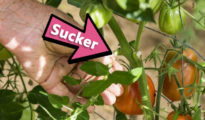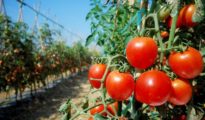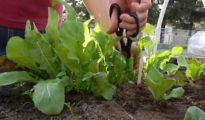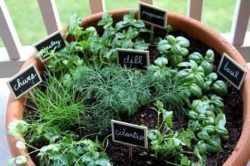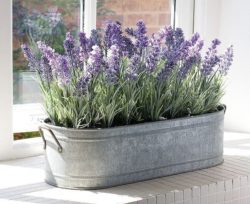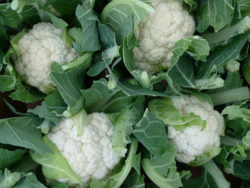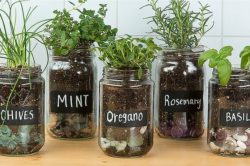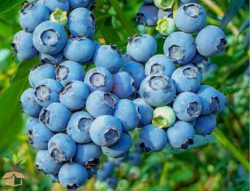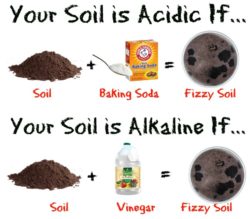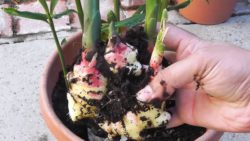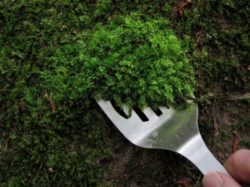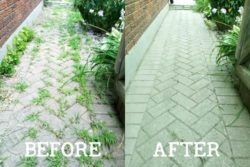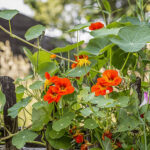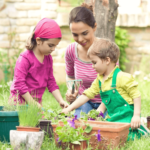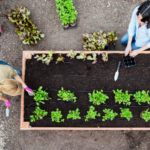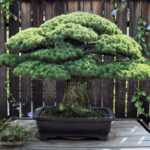If you're new to gardening, you've not doubt encountered some major problems along the way, but that's nothing to be worried about! After all, making mistakes is how everything is learned! These 10 gardening mistakes are made very often, especially by beginner gardeners, but we're here to steer you clear of these mistakes so that you can be on your path to being an expert gardener!
10 Gardening Mistakes
These gardening mistakes seem small and insignificant, but they can make a big difference when it's time to harvest. Steer clear of these gardening mistakes and you're on the path to reaping big harvests!
#1. Growing From Seed

If you're a beginner gardener, it's always best to purchase an already grown seedling from your local nursery. Growing directly from seed is not easy, and if you don't know what you're doing, you could just be wasting your time! Growing seedlings will help you learn how plants grow, the time it takes, as well as how to care for them.
#2. Starting With the Wrong Varieties
Start by growing easy vegetables! Check out these 10 easy to grow veggies for beginners to get a head start! Basil is an excellent start as it grows fast and easy, and you'll get to see the growing process. Also, if basil is not watered properly, the leaves will wilt, but once you water it, it'll spring right back to life again!
#3. Watering Herbs like Houseplants

Houseplants need a different amount of water than herbs or any other vegetable. Do a little research before on whatever you're planting to see the amount of water needed for each plant.
#4. Not Cutting Early or As Often As You Should Be
As we've mentioned above, basil is a great herb to start with, especially when learning how to prune. Cut the herb just above a set of growing leaves. If you don't trim your herbs and veggies correctly, they'll end up being too top heavy and possibly collapse.
#5. Pruning the Big Leaves
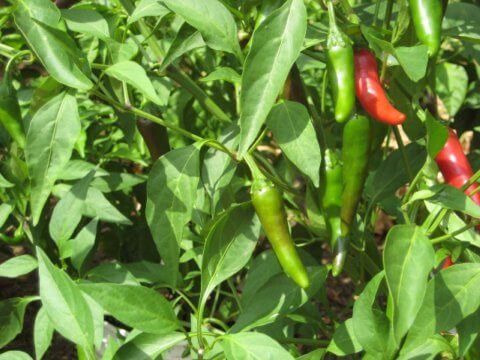
As a beginner gardener, one of the worst gardening mistakes you can make is to snip off the big, bottom leaves. This is wrong because those big leaves act as an umbrella for your plant and prevents scorch. Leave those leaves alone and snip off the smaller, side stem leaves instead.
#6. Not Removing Flowers
If you're growing herbs or other vegetables, you need to cut off their flowers. If you don't, you'll risk not getting any sort of harvest from your herb or plants. So, as soon as you see any buds, snip them off.
#7. Using Bad Soil With No Nutrients
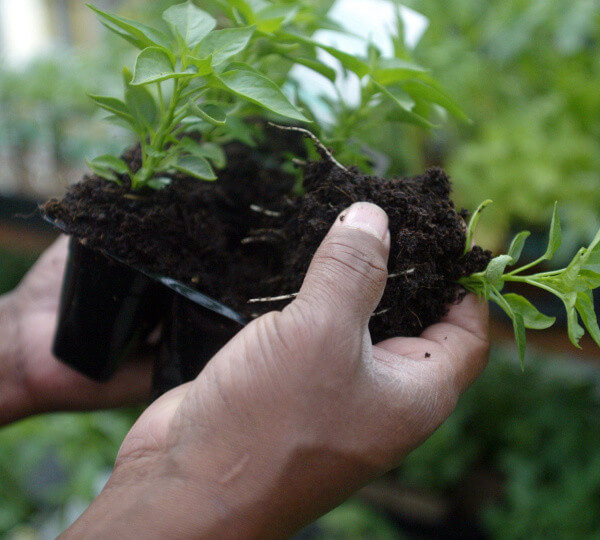
The soil you use is very important for healthy growth. Use a good quality potting soil and mix in some compost, coffee grounds, or whatever nutrients your plant calls for.
#8. Planting the Same Things
Once you're comfortable with a plant or two, you may feel very comfortable and keep growing the same things. Instead, widen your gardening knowledge and plant other herbs and veggies. This way, you'll learn more.
#9. Read Your Labels
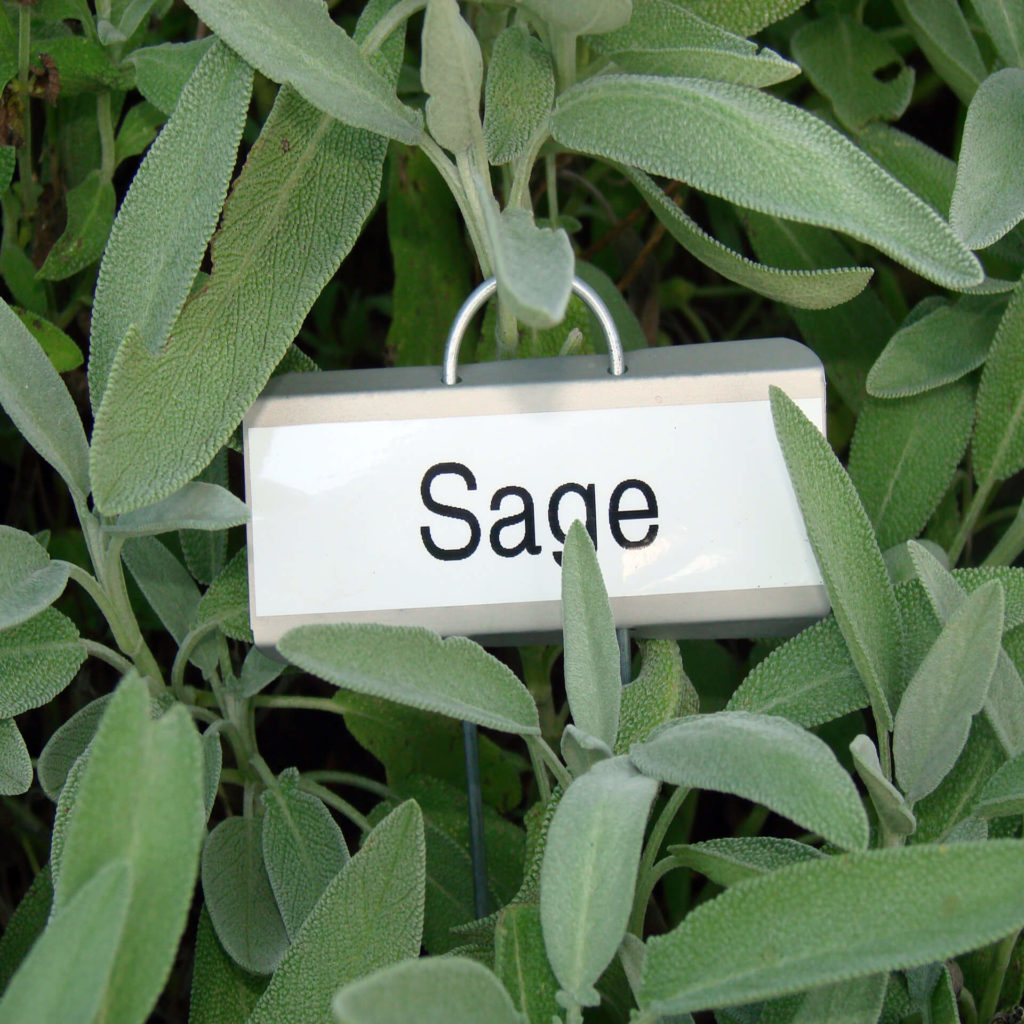
When growing any type of herbs or veggies, make sure to always read the labels. You may be following a gardening guide online, but is that guide for the variety YOU purchased? Most herbs and veggies have different varieties that need different types of soil, sun, or care.
#10. Pots vs Soil
Think before you plant directly in your garden: will this herb or veggie completely take over? Some herbs, such as mint and oregano, when planted directly in soil, can take over your entire garden. Stick to planting herbs in pots.
If you like this post, don't forget to share 🙂



